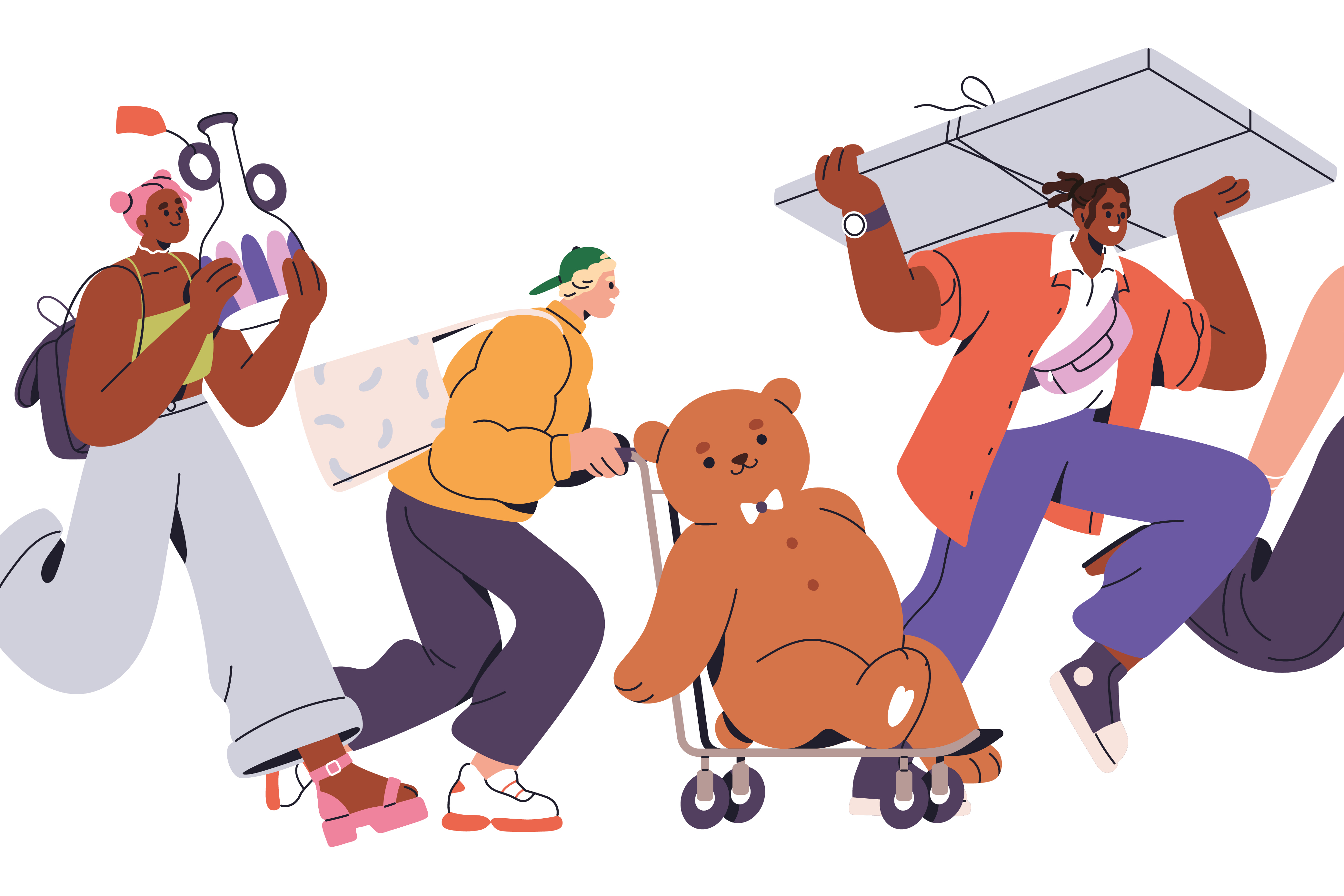Lorem ipsum dolor sit amet, consectetur adipiscing elit. Curabitur eleifend tortor nec augue pretium


In this issue, Johanna Flood MIEMA reports on the overconsumption of the planet.
Each year, we consume more. Globally, the fashion and electronics industries are booming, and materials use has tripled since 1970.
In Sweden, on average, we each buy 14kg of new clothing and textiles every year, but throw away 7kg. On average, we use a garment seven times before disposing of it.
The trend is clear. We purchased 40% more textiles in 2022 than in 2000. In 2016, Swedes spent 44% more on interior decoration than in 2006, and EU electronics sales increased by 85% between 2013 and 2022.
Since 1970, the use of raw materials has increased by more than 300% and is expected to go up by another 60% by 2060.
There is a strong correlation between consumption and environmental degradation. Materials account for 90% of water stress and biodiversity loss, and 60% of climate change.
In Europe, we have used 83% of freshwater reserves, and, worldwide, vertebrate animal populations have fallen by 73% since 1970, according to the Swedish Agency for Marine and Water Management and the World Wide Fund for Nature respectively.
Most of us shop to lift our mood rather than because we need more products, yet there is little evidence that it works beyond a short dopamine rush. However, a lot of money goes into making us think that shopping will make us happier, prettier or healthier. In 2024, $1.76trn was spent on marketing.
On our planet, the richest 10% of people are responsible for 50% of greenhouse gas emissions, while those most affected by climate change are often least responsible for it.
Some of us use too many materials, such as concrete, steel and textiles, and others too few. In Sweden, we use roughly 25 tonnes of materials per person per year, compared with two tonnes in many other countries.
We have transgressed six of the nine planetary boundaries, and the link between environmental impact and raw material use is clear. Some of us need to stop shopping to enable others to develop. How do we make this shift?
Johanna Flood is an IEMA Europe committee member and author of Konsumindre, about overconsumption
Visit www.iema.net/world-networks for more details on IEMA Europe and other IEMA world networks